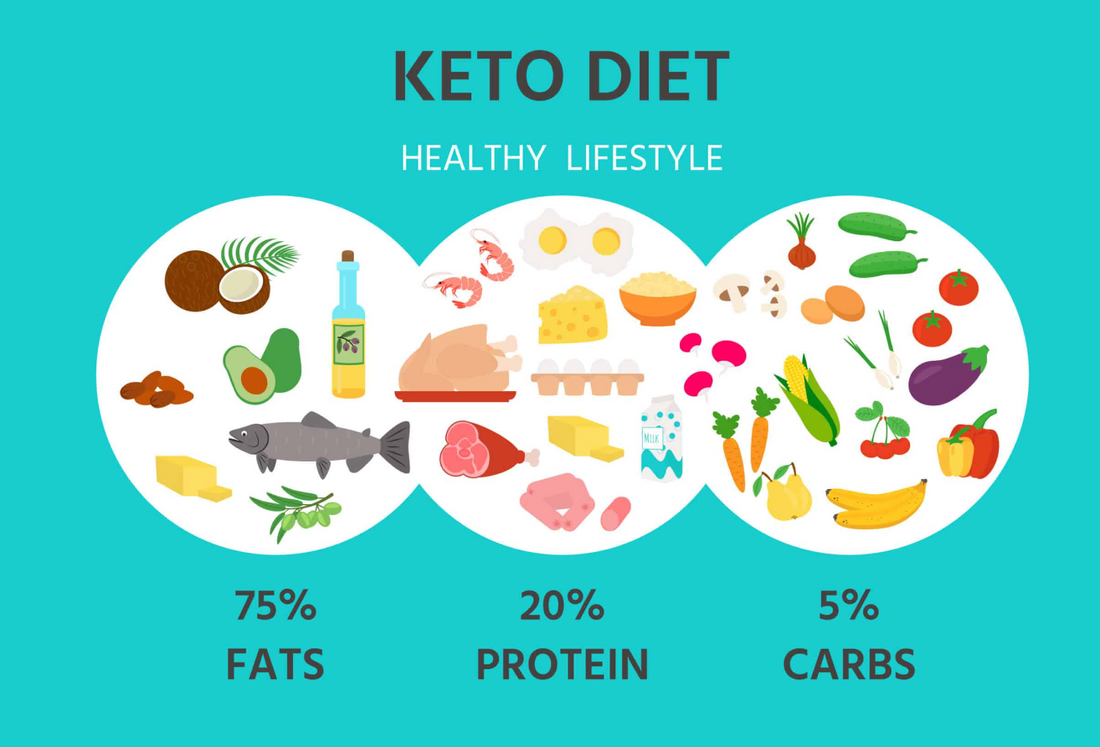The ketogenic diet, commonly known as the keto diet, is a high-fat, low-carbohydrate diet that aims to induce a state of ketosis in the body. While the keto diet has been shown to be effective for some individuals in achieving weight loss and managing certain health conditions, it is important to be aware of potential risks and considerations associated with this eating pattern. Here are some of the risks and considerations:
1. Nutrient Deficiencies: Since the keto diet restricts many food groups, there is a risk of nutrient deficiencies if the diet is not properly planned and balanced. Common deficiencies may include vitamins and minerals like thiamine, folate, calcium, magnesium, and potassium. It is important to ensure an adequate intake of nutrient-dense foods and consider supplementation if needed.
2. Potential Side Effects: Some individuals may experience side effects during the initial transition to the keto diet, often referred to as the "keto flu." These can include fatigue, headaches, dizziness, irritability, constipation, and muscle cramps. These symptoms are usually temporary and can be mitigated by staying well-hydrated, ensuring proper electrolyte balance, and gradually adjusting to the diet.
3. Impact on Gut Health: The keto diet may impact gut health and the diversity of gut bacteria. The lack of dietary fiber from carbohydrate sources can negatively affect the growth of beneficial gut bacteria, potentially leading to imbalances in the gut microbiome.
4. Potential Long-Term Health Effects: Long-term effects of the keto diet are still being studied. Some concerns have been raised regarding its potential impact on heart health due to the high intake of saturated fats and likely too much protein as well. It is important to choose healthy sources of fats and consider the overall quality of the diet.
5. Sustainability and Social Considerations: The keto diet can be challenging to sustain over the long term due to its restrictive nature. It may also impact social interactions and make it more difficult to eat out or enjoy meals with others. It is essential to find a dietary approach that is enjoyable, sustainable, and fits individual lifestyle and preferences.
The primary reason people achieve weight loss on a KETO diet is likely that they eliminate processed foods and refined carbohydrates from their diet.
It is advisable to consult with a healthcare professional or registered dietitian before starting any new diet, including the keto diet, to ensure it is appropriate for your individual health goals and needs. They can provide personalized guidance, help mitigate risks, and monitor your progress.
